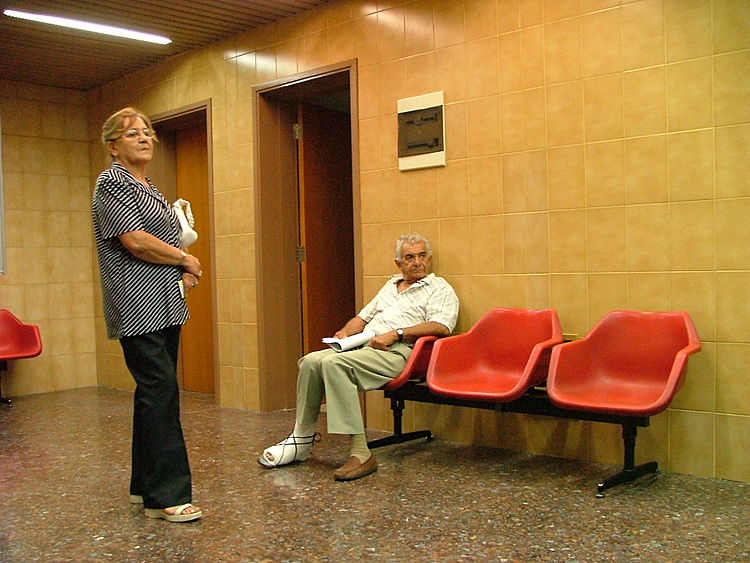>> Women’s health care has come a long way in the last generation. The Supreme Court legalized birth control and abortion. There are new methods of contraception. We have increased knowledge and more humane practices in everything from childbirth to treatment of breast cancer.
Women’s health care has come a long way in the last generation. The Supreme Court legalized birth control and abortion. There are new methods of contraception. We have increased knowledge and more humane practices in everything from childbirth to treatment of breast cancer.
But without question, one of the most significant advances for women’s health is the Affordable Care Act.
Millions of women now have access to mammograms and contraception with no copay. Pregnancy and breast cancer are no longer pre-existing conditions. Maternity care, breastfeeding support, screening and counseling for domestic violence must be covered by insurance. For the first time ever, women are no longer charged more for their insurance just for being women.
And yet things are far from perfect.
North Carolina is one of 20 states that refused to expand Medicaid, leaving thousands of women uninsured. Sticker shock is hitting almost everyone who is signing up during the enrollment period this fall. The News & Observer reports that the cost of Blue Cross/Blue Shield policies has increased by an average of 32.5%. (The reasons for this increase are a topic for another day.)
When we take a closer look, things are not just imperfect; they’ re bad. This is especially true for the 15% of North Carolina women who still do not have insurance.
- A recent >>report on the cost of women’s health care found that of the 30 largest cities in the country, Charlotte is in the top 6 cities for the most expensive women’s primary care visit.
- Among large cities, health care costs in both Raleigh and Charlotte are in the “unaffordable” category because wage growth has not kept up with the rising cost of health care.
- 40% of women in another >>report said cost was a barrier to receiving health care over the past year (compared with 29% of men); this includes one-third of women who were insured for part or all of the past year.
- 1 in 10 women ages 18-25 still go without family planning services because of cost.
Thousands of women remain uninsured and costs, even for those who do have insurance, remain a barrier. Meanwhile, essential providers are being threatened as well.
Since 2010, almost 60 rural hospitals across the country have closed. This includes three in NC.
Rural hospitals have faced financial challenges for years. To help fix that, Congress passed special payment programs in 1997. Under Obamacare, most of these special programs were phased out. The idea was that as more people gained access to insurance or Medicaid, hospitals would no longer need these special payments.
When the North Carolina legislature refused to expand Medicaid, they left hospitals without the special payments and without the new revenue they should be getting from expanded Medicaid.
As if that isn’t enough, state legislatures and Congress continue to block Planned Parenthood from funding. In North Carolina, all state funding has now been cut off from Planned Parenthood South Atlantic, which serves 20,000 women and families every year. At the federal level, there is an ongoing battle to block federal funding for Planned Parenthood, which could deprive 650,000 women access to health care. This funding is all for preventive health care for women, many of whom are uninsured and have nowhere else to go for affordable health care.
Obamacare took a big step in expanding women’s health care. It’s up to the Legislature to take the next step – expand Medicaid and fund Planned Parenthood!

There are no comments
Add yours